Huawei without Android: the air is getting thinner
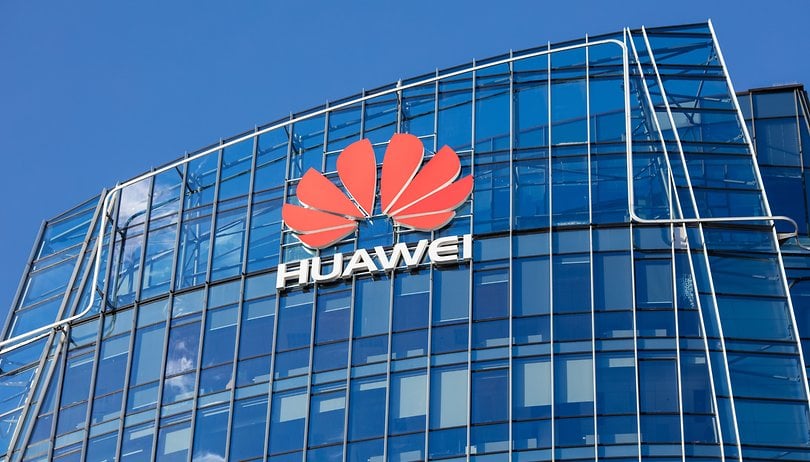

Numerous companies, including Google, Intel, Qualcomm, Xilinx, Broadcom and probably also Infineon have discontinued their trade relations with Huawei after the US government declared a national emergency in order to ban the firm's technology for security reasons. Huawei appears calm on the surface, but there's likely turmoil in Shenzhen. If the situation is not resolved, many will lose, Huawei first and foremost.
It had already become apparent last week. When US President Donald Trump declared a telecommunications emergency, it didn't only mean that US network operators could no longer buy equipment from Huawei. The US Department of Commerce also blacklisted the Chinese supplier, putting it on the so-called Entity List. This results in an obligation for American companies that want to trade with Huawei to obtain a permit to do so, and this applies to trade in both directions.
But some news over the weekend came as a surprise: Google has terminated all cooperation with Huawei. Existing smartphones are safe, but an update to the next Android version Q will probably no longer be available. Huawei can probably no longer offer future smartphones with Google's version of Android and the associated services, such as the Play Store, Play Protect, and updates.
Huawei seems to have been expecting this for quite some time. Some time ago, Huawei's smartphone boss Richard Yu said that they had their own operating system in their back pocket. What exactly this is about is unclear, however. In principle, Android is of course open source. So it is quite possible that Huawei's OS is based on the free components of Android. But even not every new Google feature in Android immediately migrates to the open source project, so Huawei's OS would definitely not be Android as we commonly know it.
Although many may wish for more competition alongside Android and iOS, a third operating system would be a problem for Huawei. Android can in principle be used without Google. Alternative app stores are also available, and apps for Huawei smartphones could continue to be available in this way. If there were a third, completely independent player, it would be quite useless if there were no apps for it. This has already been demonstrated by enough other failed mobile operating systems. And I'm convinced that app developers wouldn't immediately get to work porting their programs to Huawei's OS.
Flashbacks to ZTE
It is also clear that there is more at stake here than Huawei. Huawei seems like a scapegoat in the ongoing trade war between the US and China. Remember: ZTE was also affected by such measures and almost perished. In the end, an agreement was reached - between the governments.
It's already a back and forth. The USA introduces new tariffs, China refrains from imports. Now Huawei will be attacked directly. Even though US Treasury Secretary Steven Mnuchin will soon be traveling to China again - according to the media there is little interest on the Chinese side in an agreement as long as the US does not give in.
The accusation of espionage against Huawei is persistent in any case, though the company repeatedly asserts that it never spies and that there is also a lack of concrete evidence from the accusers.
Huawei is on the losing side
However, as the example of ZTE shows, the current case could indeed cause considerable damage to Huawei. Surely, Huawei remains strong in the Chinese market - Google apps don't play a role there anyway. But, as is well known, the company wants to become the world's largest smartphone manufacturer this or next year. Achieving this is impossible under the current circumstances. Because even if Huawei has its own operating system, even if it is based on the open source components of Android, I strongly doubt that the phones will still be very attractive for users without the ecosystem surrounding Android - especially in Europe, another important market.
And it's not just about Android. Huawei develops its own chips. Huawei boss Ren Zhengfei said only a few days ago that he could do without chips from other manufacturers, but Huawei must first prove that.
It is certainly not in the interest of American companies like Google to lose a customer as big as Huawei. The Chinese Ministry of Commerce has already announced its support for Huawei. This could also manifest in the form of countermeasures. Then the conflict between the two powers will intensify even further. And those who are to be protected - the businesses and ultimately also the customers - will continue to suffer as a result. And being right in the middle of it, Huawei will lose the most.
What do you think the future will hold for Huawei? Let us know in the comments.










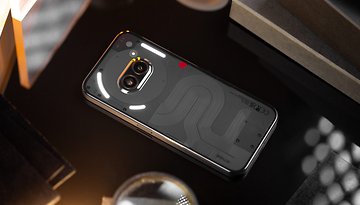

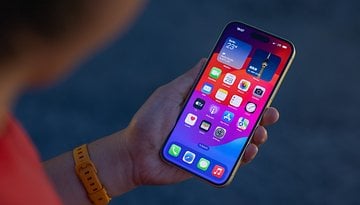
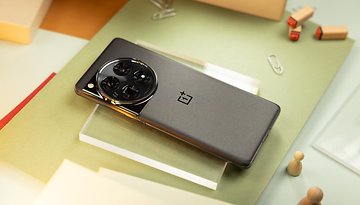



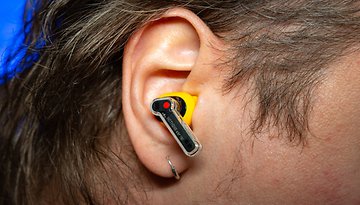
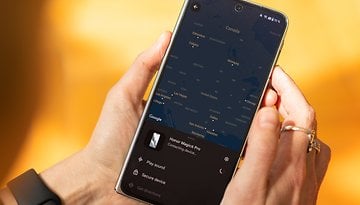
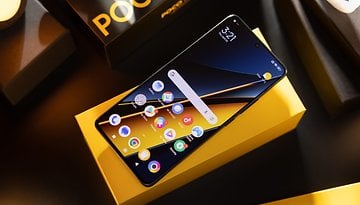
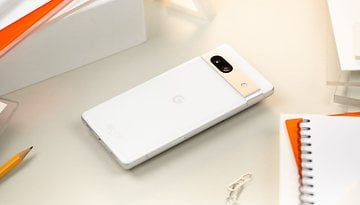


This ban might force Huawei to resort to some open-source alternative (as mentioned by others elsewhere on the Web). Me, I would dream of some Linux with an Android emulator. This would likely backfire on Google (and eventually Intel and Microsoft) in a very painful way. A trade war might also force Apple to leave the USA. - Huawei may be hurt, just enough to spur it on.
Apple is bringing jobs back to the USA because labor costs in China are rising.